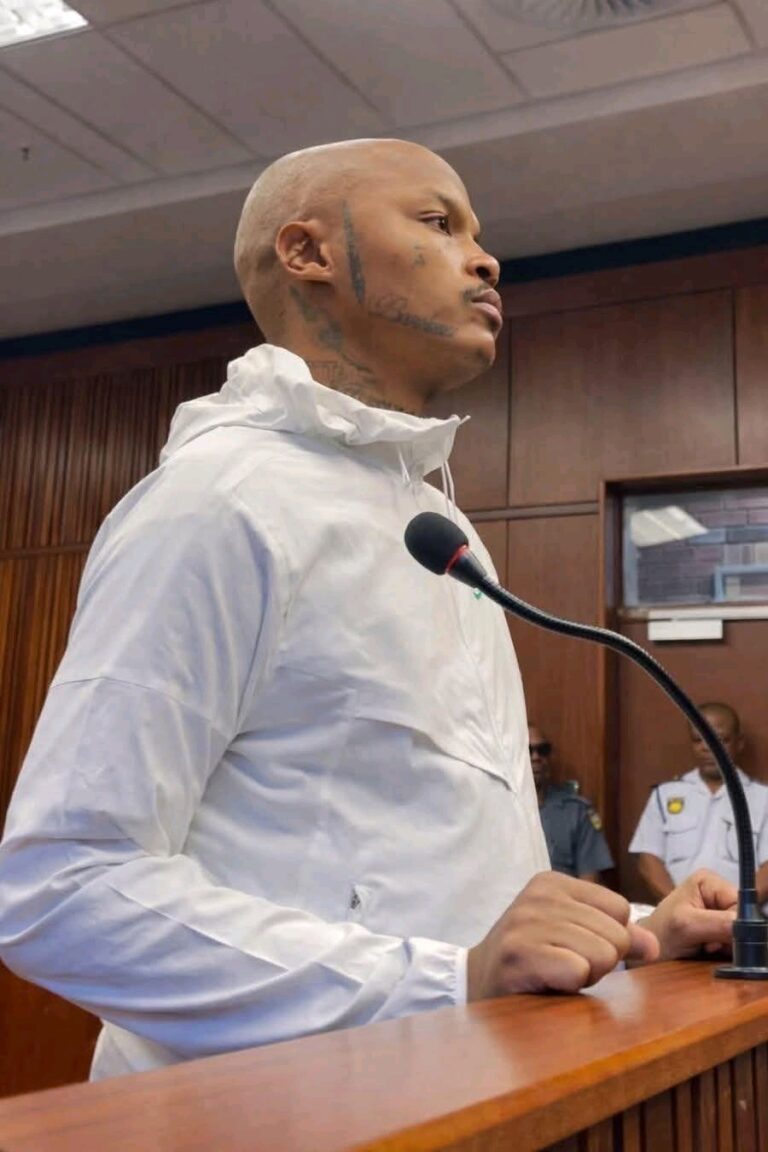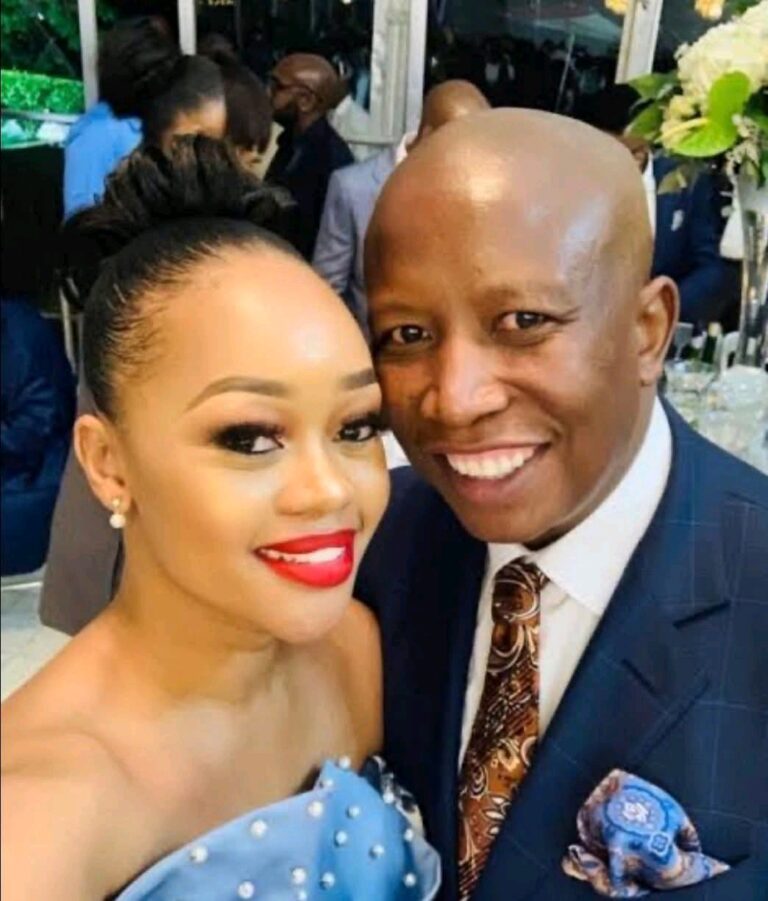
Podcaster MacG, real name MacGyver Mukwevho, is under fire and could potentially face legal consequences for his controversial remarks about media personality Minnie Dlamini. The backlash stems from derogatory comments he made during an episode of his podcast Podcast and Chill in April, which many, including government officials, have labeled as a form of online gender-based violence.
On Friday, 2 May, the Department in the Presidency for Women, Youth and Persons with Disabilities, led by Deputy Minister Mmapaseka Steve Letsike, issued a public statement condemning MacG’s statements. The department emphasized that such remarks contribute to the ongoing issue of misogyny and gender inequality in South Africa.
Letsike stated, “As the Ministry in the Presidency for Women, Youth and Persons with Disabilities, we welcome the immediate and overwhelmingly condemnatory response by some followers of the Podcast and Chill and some South Africans to Mr. Mukwevho’s vitriol. There is no room in our democratic Republic for any misogynistic and demeaning utterances that perpetuate patriarchal iterations of gender relations.”
In a decisive move, the department has referred the matter to Parliament’s Portfolio Committee on Women, Youth and Persons with Disabilities. They are calling for MacG to be summoned in accordance with Section 56 of the South African Constitution. If he fails to appear without valid reason, he may face legal action under Section 17(1)(c)(ii) of the Powers, Privileges and Immunities of Parliaments and Provincial Legislatures Act. This includes the possibility of a fine, imprisonment for up to 12 months, or both.
The department is also considering escalating the issue to the South African Human Rights Commission, the Gender Equality Commission, and the Broadcasting Complaints Commission of South Africa. These steps indicate that the matter is being taken very seriously and may lead to further consequences for the podcaster.
Letsike emphasized that such comments are not merely jokes or offhand remarks but rather serious examples of gender-based abuse. She urged all stakeholders, including broadcasters and digital platforms, to hold content creators accountable for their public statements.
“This is not a joke or harmless banter. It’s a serious example of gender-based abuse, and we must treat it as such. We must all hold content creators accountable. Broadcasters and platforms must act. The fight for women’s dignity in South Africa continues – and we will not let this slide,” she asserted.
As the controversy grows, public pressure mounts on both the podcast platform and legal institutions to take definitive action. The incident serves as a reminder of the responsibility that comes with a public platform, and the importance of respectful discourse—particularly on issues related to gender and equality.







